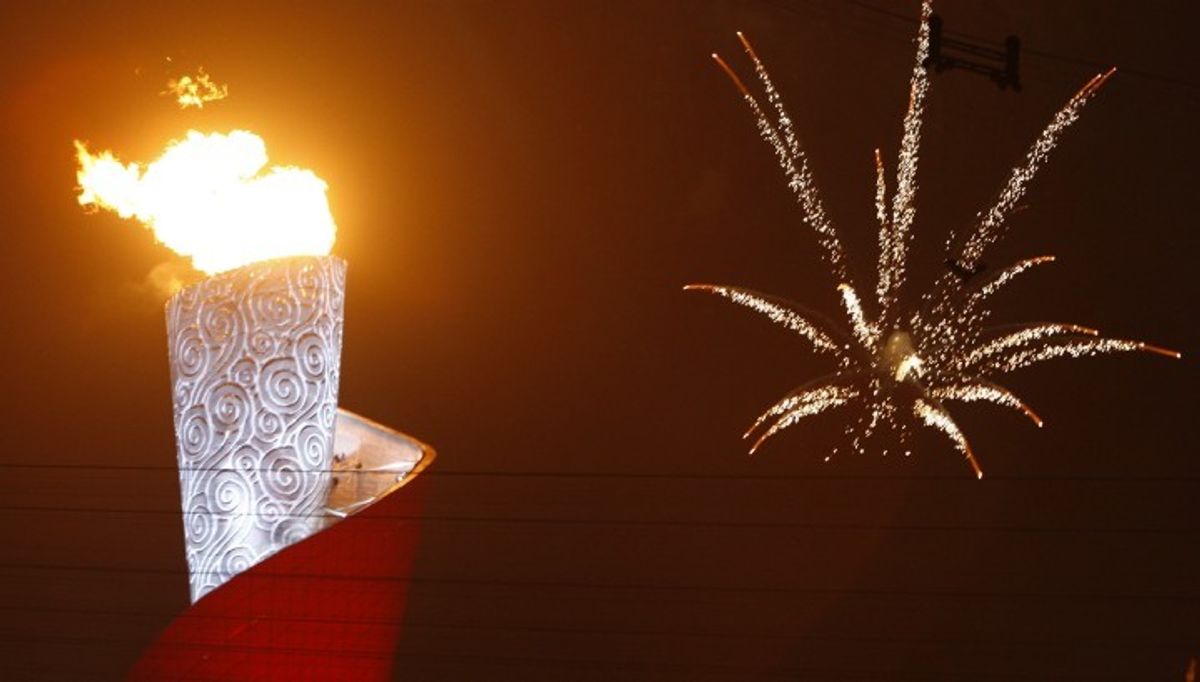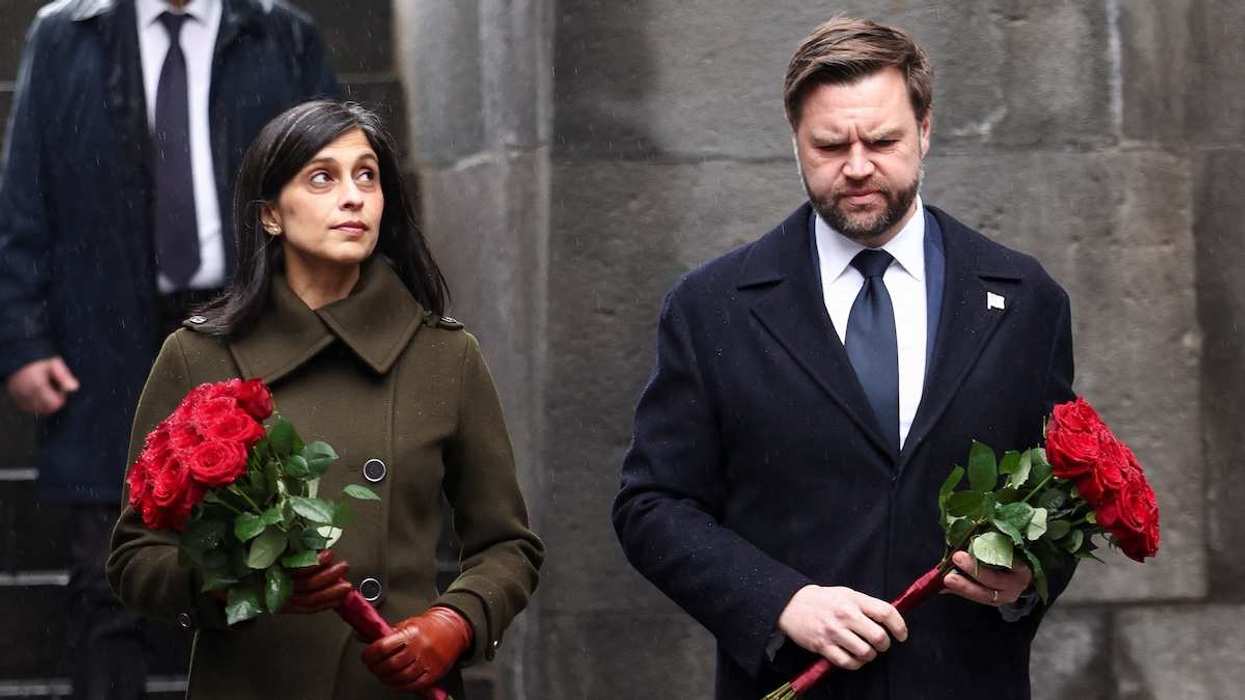After the Cold War ended, the Olympics became something of a snooze, geopolitically speaking — but that’s certainly changed since 2008.
The Beijing Olympics that year were billed as a lavish coming-out party for China as a 21st century global power. The 2014 Sochi Olympics were President Vladimir Putin’s bid to show a Russia resurgent — though the Ukraine crisis, graft, and revelations of state-sponsored doping wrecked the party. Then, in Brazil, the cost of the 2016 Rio Games helped mobilize anti-government protests that deepened the country’s ongoing political crisis. And now we have 2018 in Pyeongchang, where the prospects of thermonuclear war have something to do with whether two North Korean ice skaters cross the DMZ in five weeks’ time.
Without drawing this too far, we have to ask: in a world where a growing number of nations are competing for global power, is it any wonder that politics are heating up at the Olympic games?


















